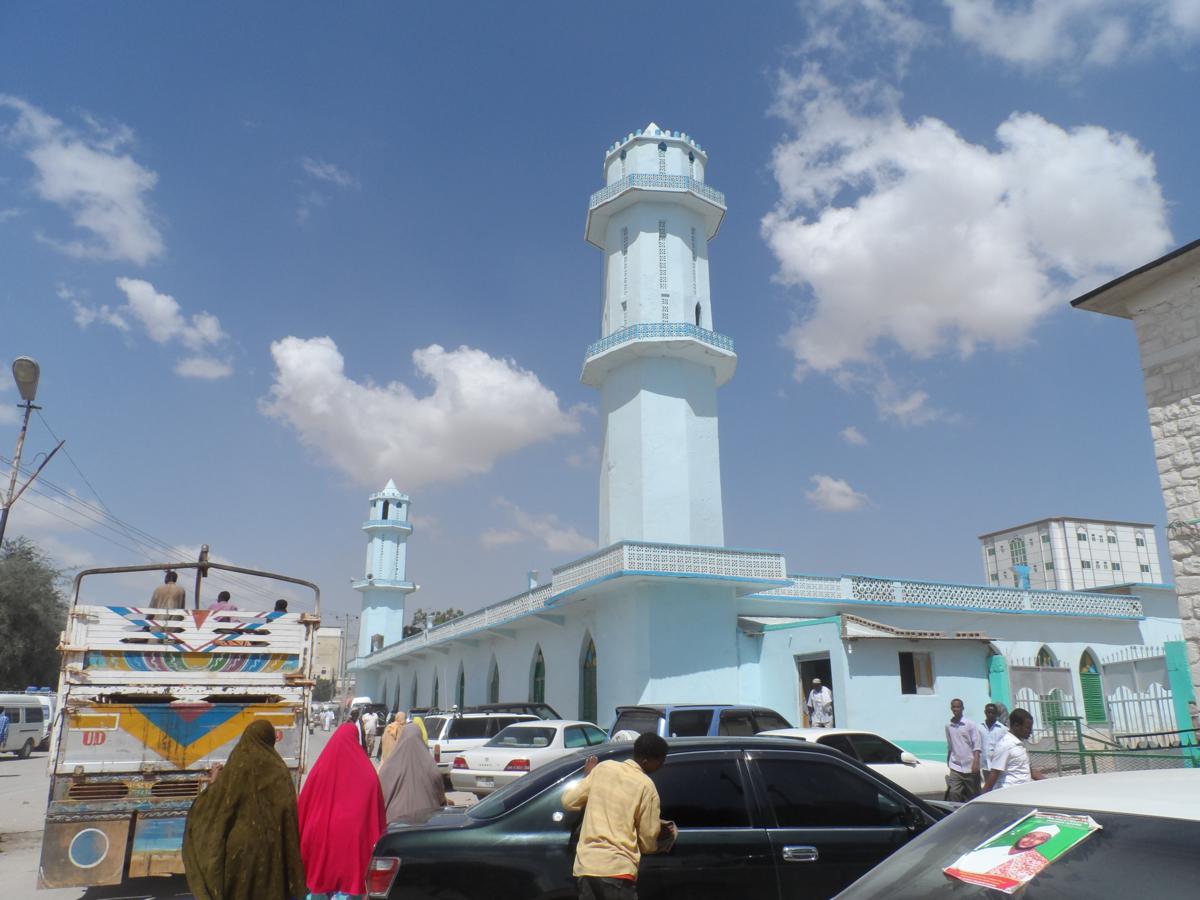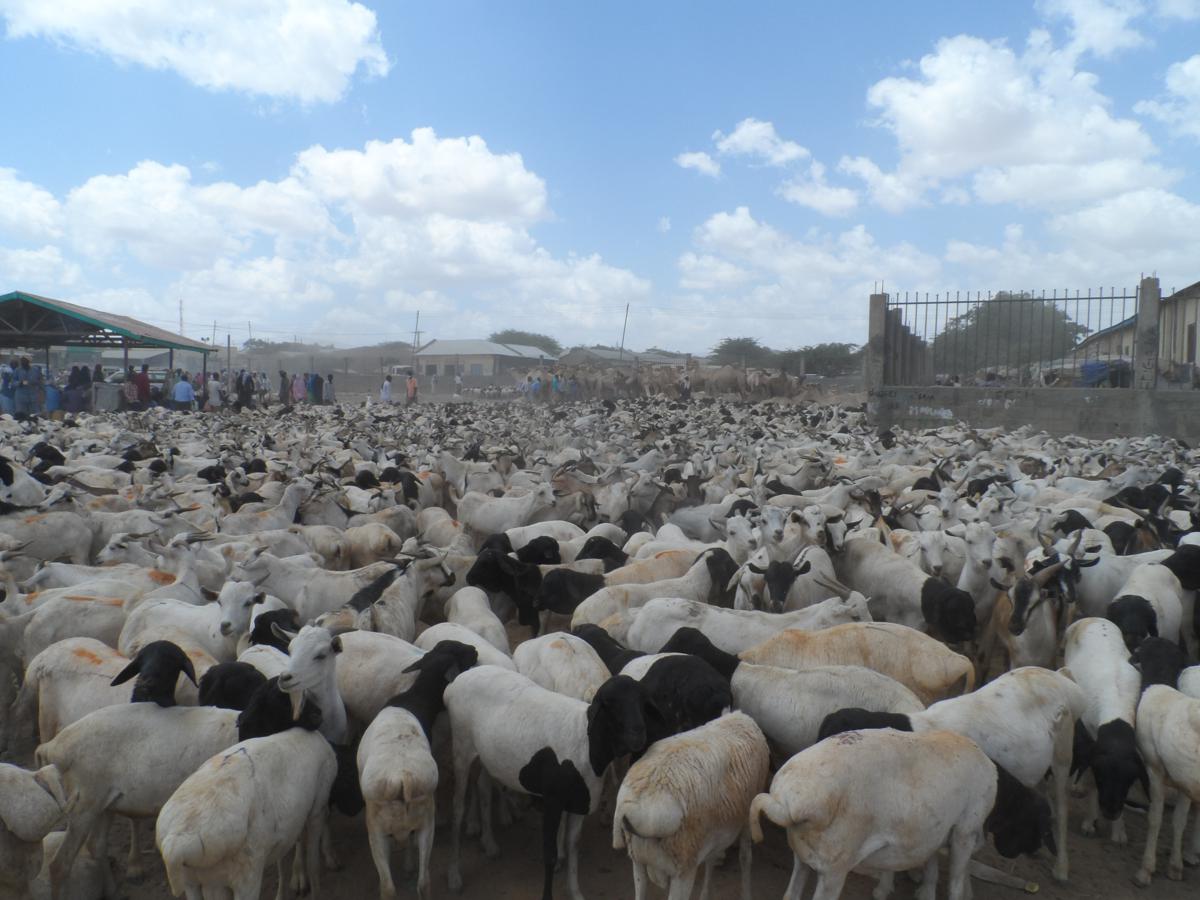One of the best ways to address the severe acute malnutrition seen during famines -- like the one in Somalia now -- is a Ready-to-Use Therapeutic Food (RUTF). They're basically nutritionally fortified peanut butter manufactured to certain quality standards, and they're incredibly effective.
Which brings me to MANA, or Mother-Administered Nutritive Aid (and yes, a Biblical reference). They're on a long list of things I've been meaning to write about, but my memory was jogged by their Somalia email blast. I'm a natural skeptic about start-up nonprofits, but over time they've won me over with their idea. The model is relatively simple: for now they're manufacturing RUTFs in the US and selling them to UNICEF and large NGOs that have established distribution networks. I like that aspect -- they're not trying to be all things to all men by distributing it themselves, as they've recognized that role is better done by others.
But the US manufacturing is just a stop-gap. For one, it's helping them learn the ropes on producing high quality RUTFs and supplying these badly needed and under-produced goods to organizations with complicated purchasing requirements. Their end goal is to establish a self-sustaining (ie, profitable) manufacturing plant in Rwanda, and they're making progress on it. A donation now will help them make more RUTFs and help them establish the Rwanda facility until it gets to a point where it no longer requires ongoing help.
One reason I think MANA is the right sort of group to establish such a business in Rwanda is that it's co-founded by Mark Moore, and he's well situated to work on both the problems of small enterprises in east Africa and international politics and supply chains. Like me, Mark is a Harding alum. He's a smart guy who spent ten years in eastern Uganda as a missionary (and started the Kibo Group development org), but he also has a Masters in development studies from Georgetown and served as Mary Landrieu's Africa specialist in the Senate. His work was the sort of evangelical aid I thought of when I read Dave Algo's recent post on how secular aid and development workers should be less hostile to good aid work done by evangelicals. Well, this it: in my opinion it's a smart business model run (an being an aspiring development professional, I'd welcome critical feedback in the comments as well) by people who can provide some necessary help to get things set up, and then step back out of the way. Once the facility is up and running in Rwanda it will mean more of our aid money can actually go into the east African economy as NGOs buy RUTFs from MANA and pay its local workers' wages.
Those who know me well or read this blog know that I have ambivalent feelings about Harding. I went there planning on being a medical missionary, and while I lost my faith I also made many friends, and my experiences there led me to my current interests in global health. So I have good things to say and bad things to say. One of the good things -- that I don't say enough -- is that there are a lot of incredibly sincere, hard-working people who come out of the school and do work that I couldn't find fault with if I tried. This is one of them, and I'm sure they'd appreciate your support.



